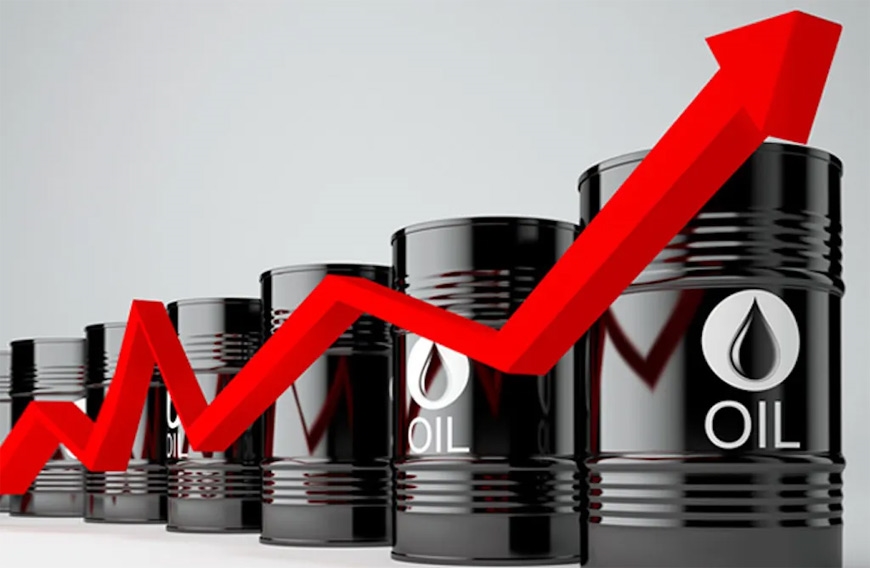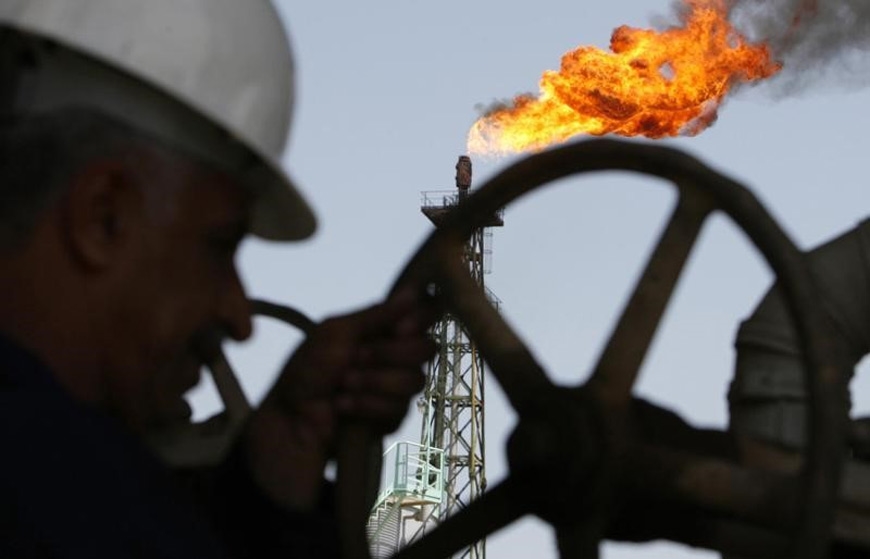Oil prices rose for a second straight week with US debt ceiling talks and supply concerns the main drivers.
World oil prices
Developments surrounding the US debt ceiling negotiations between US President Joe Biden and House Speaker Kevin McCarthy, mixed messages on OPEC+ supply ahead of the policy meeting in early June, and a shocking drop in US petroleum reserves were the main factors affecting oil prices this week.
 |
| Gasoline prices increased for the second consecutive week. Illustration photo: Premiumtimesng |
Oil prices have been fluctuating up and down continuously according to the possibility of reaching a US debt ceiling agreement before the June 5 default deadline (previously predicted to fall on June 1).
On the first trading session of the week, oil prices “climbed” nearly 50 cents after the International Energy Agency (IEA) warned of an impending oil shortage in the second half of this year when demand is expected to exceed supply by nearly 2 million barrels/day. Oil prices were unable to increase due to the strengthening of the US dollar and the market “waiting” for news about the US debt ceiling negotiations.
Oil prices continued to rise in the next two sessions, more than 3%, after data from the American Petroleum Institute (API) showed that US gasoline and oil reserves fell sharply by more than 6 million barrels just before the Memorial Day holiday, which marks the start of the peak summer travel season in the US. Oil prices fell further when the market received information about the shocking decline in US oil reserves reported by the US Energy Information Administration (EIA) by 12.5 million barrels to 455.2 million barrels. Meanwhile, there was no sign of progress in US debt ceiling negotiations.
Notably, oil prices were hit hard by a warning from Saudi Arabia’s Energy Minister Prince Abdulaziz to short sellers — those betting on prices falling — to “watch out.” The warning could be interpreted as meaning OPEC+ will consider further production cuts at its June 4 meeting, according to OANDA analyst Craig Erlam.
"I don't think there will be any new steps," Russian Deputy Prime Minister Alexander Novak was quoted as saying by Izvestia newspaper. Novak's downplaying of the prospect of further OPEC+ production cuts was a blow that sent oil prices suddenly reversing their gains, falling more than $3 in the fourth trading session of the week, before closing the session down more than $2.
Just a week earlier, Russian President Vladimir Putin had stressed that oil production cuts were necessary to maintain a certain price level.
Oil prices' slide was limited by optimism about a deal to cut spending and raise the US government's $31.4 trillion debt ceiling.
 |
| Gasoline prices will continue to fluctuate in the coming days. Illustration photo: Reuters |
Oil prices rose about 1% in the final trading session of the week as the prospect of a prolonged U.S. debt ceiling negotiations and mixed messages on supply from Russia and Saudi Arabia ahead of an OPEC+ policy meeting pushed prices back up.
After four sessions of increase and one session of decrease, this week's oil prices continued to experience the second week of price increase with Brent oil up 1.7% and WTI oil up 1.6%.
Next week, developments in the US debt ceiling negotiations will continue to be a hot topic and a factor affecting oil prices. Experts predict that oil prices will continue to rise.
Domestic gasoline prices
Domestic retail prices of gasoline on May 28 are as follows:
E5 RON 92 gasoline is not more than 20,488 VND/liter. RON 95 gasoline is not more than 21,499 VND/liter. Diesel oil not more than 17,954 VND/liter. Kerosene not more than 17,969 VND/liter. Fuel oil not exceeding 15,158 VND/kg. |
MAI HUONG
Source

































































































Comment (0)